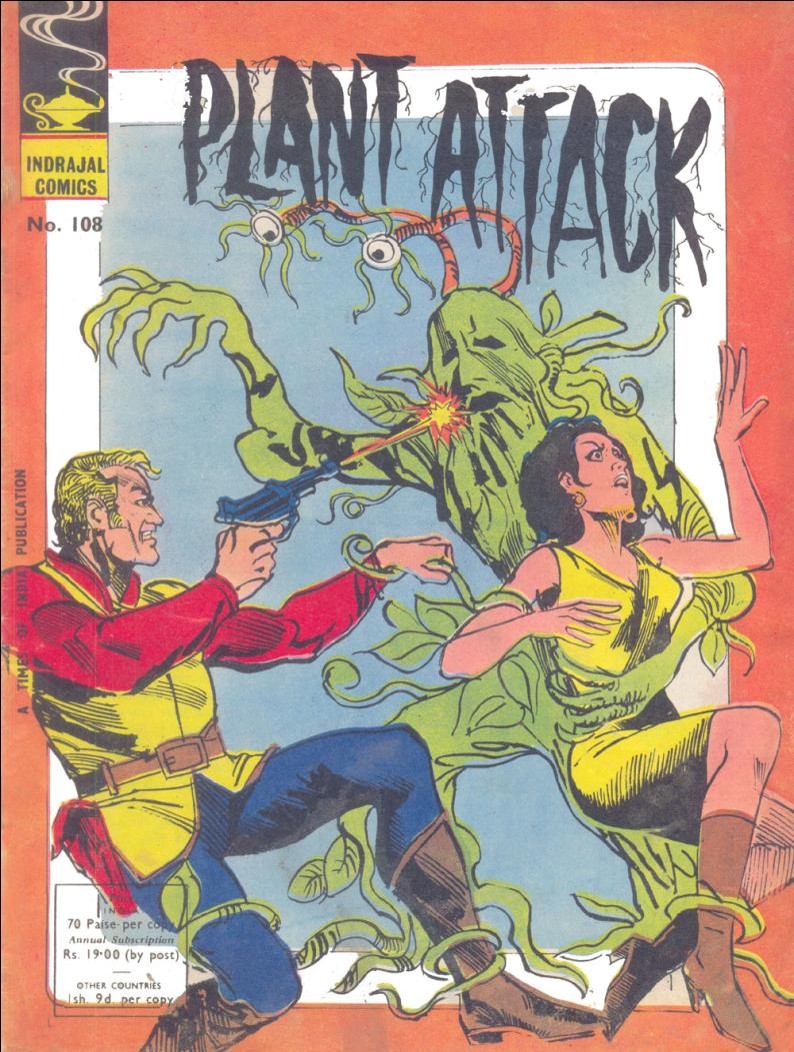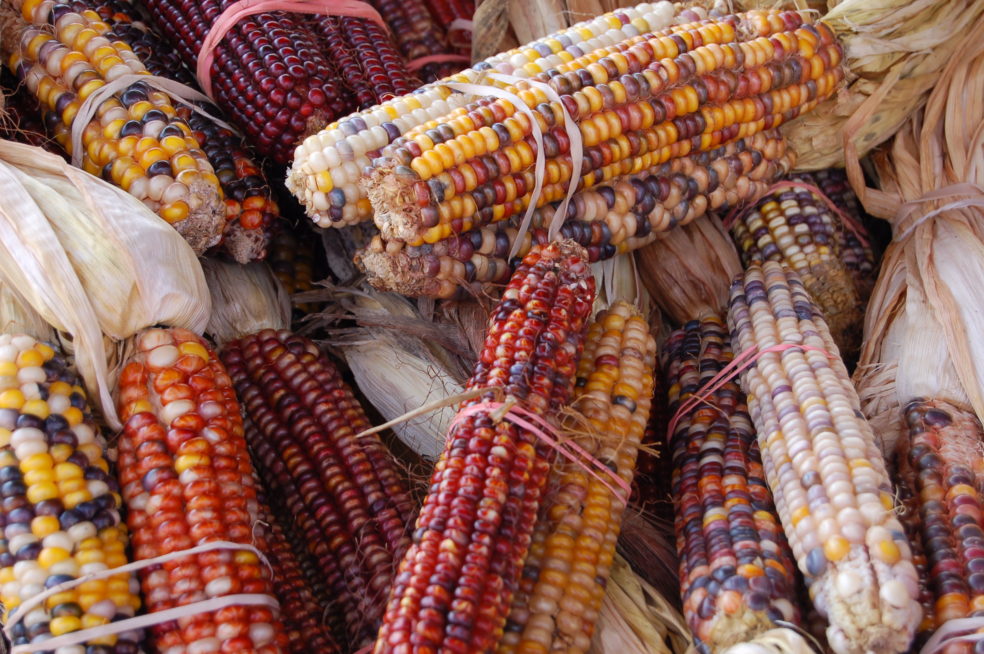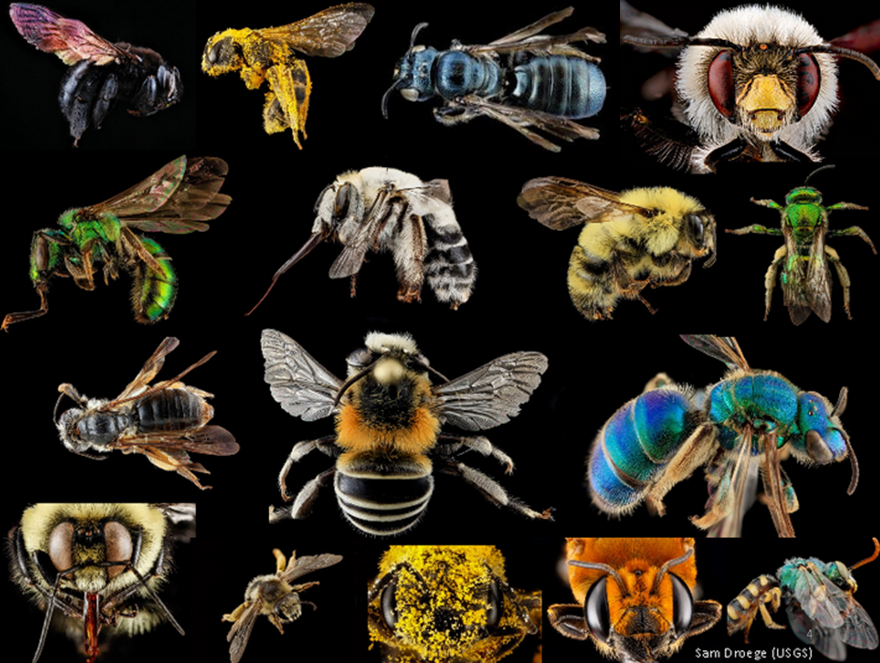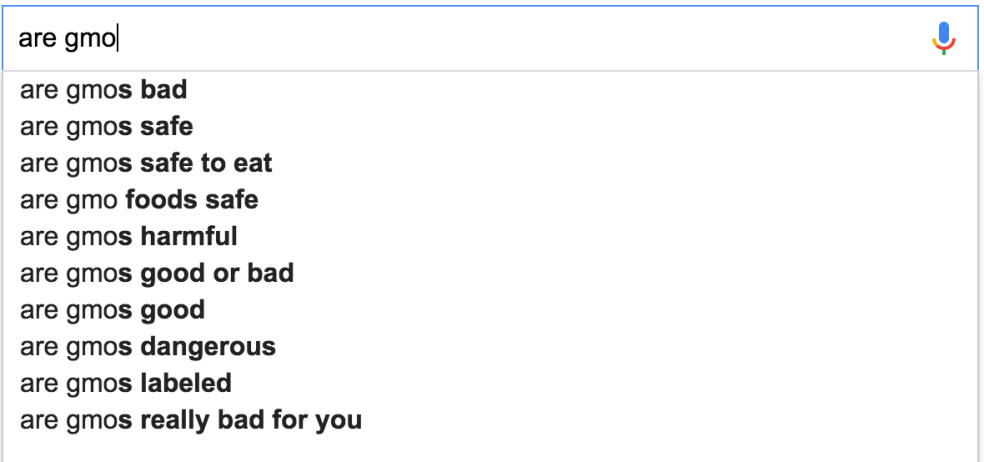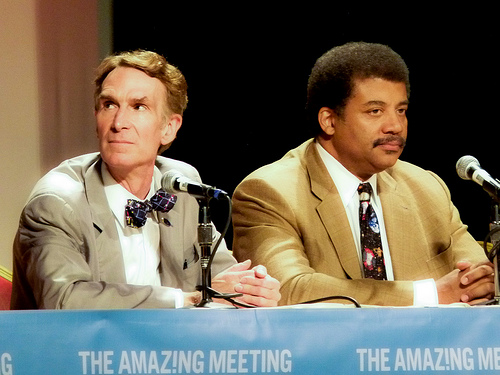Ask a biologist about the definition of a species or a poet for the definition of love, and you’ll end up with a headache. Even the simplest definition for the most obvious thing ever is so, so easy to mess up. Getting into something more nuanced is asking for trouble. So when I was helping some friends out with plant …
GMOs and the Risk to our Genetic Heritage
In 2001, high in the Sierra Norte de Oaxaca mountains of southern Mexico, UC Berkeley graduate student David Quist hiked along some of the world’s oldest cornfields. Quist was sampling cobs for DNA testing, and what he found kicked off a scientific firestorm and brought attention to a subtle threat to the future of global agriculture. In those ancient Mexican varieties, Quist detected the DNA signature of genetically modified (GMO) corn. A living …
Selling out science?
What does it mean to sell out? Politicians are familiar with money’s corrupting influence, as we’ve seen in the media maelstrom surrounding the Clinton Foundation, Citizens United, and massive campaign donations from Wall Street and wealthy families. But for scientists trained to be objective, does selling out mean the same thing? Like politicians, scientists are not immune to money’s corrupting …
Cannabis: Legal as medicine, a struggle to study clinically
Cannabis sativa. Marijuana. Pot. Weed. Chronic. What were you just thinking? Maybe, “Ugh, I just can’t get away from hearing about this horrible plant.” How about, “Finally, someone’s speaking my language!” Or, “Crap, more clickbait.” Cannabis use is a polarizing topic in the US. Targeted as dangerous from 1937 onward through propaganda (see Reefer Madness), taxes, and the drug war, cannabis …
Wild Bees and the Pollinator Pantheon
Whenever you see a bumble bee bumbling about its flower of choice, you are witnessing a quiet example of a long and complicated evolutionary process. Over a hundred millions years of interactions between different flowering plants and pollinators have led to an assorted array of unique plant and pollinator species all across the globe. All this plant and pollinator diversity …
The Fecal Frontier: Deluxe Edition
Written for the prompt: What is the most important fundamental mystery in biology today that, if unlocked by basic research, would yield the greatest dividends for human health? Poop. This ubiquitous, noxious substance provokes an instinctive reaction of disgust, and for good reason – it harbors deadly pathogens. Despite the near-universality of poop and fart jokes, humans have spent much …
GMOs: An unhealthy debate
Almost all of us eat GMOs (Genetically Modified Organisms) every day, and most people question what that means for their health and the environment. But trying to get a straight answer to these basic questions about what we’re putting in our bodies can be a frustrating gantlet. Information about GMOs online is confusing and tendentious, with contradictory statements made by the pro- and anti-GMO camps. To the pro-GMO camp, concern about GMOs is …
Who benefits from research in Flint?
Ever since the Flint water crisis began, there’s been a growing feeling of unease, bottled up energy, and concern on the University of Michigan campus in Ann Arbor. While there are many good intentions at play, I keep having this feeling that the scholarly sharks (researchers who are itching to start working on this problem) are circling. Those who get …
Why scientists don’t engage with the public, and why they should
Featured image: Two great American science communicators. Photo credit: Jamie Bernstein Over the past months, I went to several scientific conferences* on a covert mission. While I was technically there to learn and to discuss my work, I wanted to find out why so many academics avoid engaging with the public about their research. I ambushed scientists at happy hours, …
Climbing down from the Ivory Tower
I have been fascinated by science since I was a young boy. As my long-suffering loved ones can attest, I’ve ruined many otherwise lovely dinners by droning on about agroecology, or sexual selection, or some damned thing. I’m not the only one failing to communicate science effectively. Science is widely perceived as a dull and difficult enterprise, working out esoteric details of irrelevant questions. Scientists …

